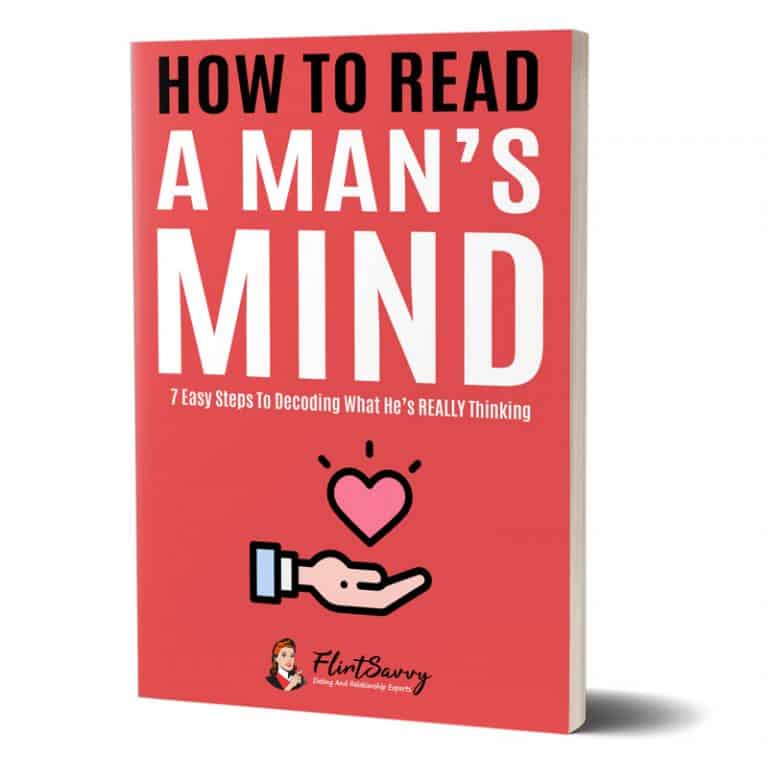Have you ever found yourself getting angry or upset when your partner drinks?
Maybe it’s because they become more outgoing and friendly with others, or perhaps it’s because they become more emotionally volatile and aggressive towards you.
Whatever the reason may be, it’s a common issue that many couples face.
In this article, we’ll explore the science behind why alcohol can affect our behavior and emotions, and how it can impact our relationships.
So, if you’re wondering why you get mad when your boyfriend drinks, keep reading to find out more.
Why Do I Get Mad When My Boyfriend Drinks?
Alcohol is a powerful substance that can have a significant impact on our brains and behavior. When we drink, alcohol interferes with our ability to think straight and act rationally, which can cause some people to become angry or aggressive.
While alcohol may not always be the direct cause of a person’s aggressive behavior, it is often a contributing factor. Evidence shows that alcohol can lower our inhibitions, making us more likely to act on our impulses and emotions.
This can be particularly challenging in relationships, where we may already have underlying insecurities or trust issues. For example, if your boyfriend has been unfaithful in the past, you may worry that he will cheat again when he drinks.
Additionally, alcohol can bring out our insecurities and amplify our emotions. If you already struggle with jealousy or anxiety in your relationship, seeing your boyfriend become friendlier with others when he drinks may trigger those feelings.
It’s important to remember that alcohol affects everyone differently. Some people may become more outgoing and social when they drink, while others may become more aggressive or emotional.
The Effects Of Alcohol On The Brain
Alcohol has a significant impact on the brain, impairing cognitive function and affecting our ability to think straight or act rationally. When we drink, alcohol interferes with the chemical balance in our brains, which can lead to a range of impairments.
One of the most common effects of alcohol on the brain is lowered inhibitions. This means that we may feel more confident and outgoing when we drink, but it can also make us more likely to act impulsively or say things we don’t mean.
Alcohol also impairs cognitive function, making it more difficult to control our emotions and make good decisions. This can lead to misreading situations and overreacting, which may result in arguments or even physical altercations.
Furthermore, alcohol can amplify our emotions and bring out underlying insecurities or issues. For example, if you already struggle with anger or jealousy in your relationship, seeing your partner flirt with others when they drink may trigger those emotions.
It’s worth noting that the effects of alcohol on the brain can vary depending on a range of factors, including how much and how often a person drinks, their age, genetic background, and general health status. Heavy drinking over a long period of time can have lasting effects on the brain that may persist even after sobriety is achieved.
Alcohol And Emotional Regulation
One of the ways that alcohol can impact our behavior is by interfering with our ability to regulate our emotions. When we drink, alcohol can lower our inhibitions and make us more emotionally volatile. This means that we may be more likely to act on our feelings without thinking through the consequences.
For example, if your boyfriend says something that upsets you when he’s drinking, you may be more likely to lash out at him instead of taking a step back and processing your emotions. This can lead to arguments and hurt feelings that could have been avoided if you were both sober.
Research has shown that individuals who struggle with regulating their emotions may be more likely to engage in dating aggression when they are under the influence of alcohol. This means that if you or your boyfriend have a history of struggling with anger or emotional regulation, it’s especially important to be mindful of how alcohol may impact your behavior.
If you find that you or your boyfriend become particularly emotional or aggressive when drinking, it may be helpful to limit your alcohol consumption or avoid drinking altogether. Additionally, practicing mindfulness and emotional regulation techniques, such as deep breathing or journaling, can help you manage your emotions in a healthier way.
It’s also important to communicate openly with your partner about how alcohol impacts your relationship. If you notice that your boyfriend becomes more aggressive or emotional when he drinks, it may be helpful to have a conversation about why this happens and what steps you can both take to prevent conflicts in the future.
Ultimately, managing your alcohol use and being mindful of how it impacts your emotions and behavior can help you maintain healthier relationships and avoid unnecessary conflicts.
How Alcohol Can Affect Relationships
Alcohol can have a significant impact on the quality of our closest relationships. When we drink, alcohol can change our personality in significant ways, making us more likely to act impulsively and say or do things we may come to regret later.
One way that alcohol can affect relationships is by bringing out underlying issues that may already exist. For example, if you and your boyfriend have communication problems, alcohol may make it even harder to have a constructive conversation. Similarly, if there are trust issues in your relationship, seeing your boyfriend become friendlier with others when he drinks may amplify those feelings of insecurity.
Alcohol can also lead to sexual dysfunction or disinterest, which can create further problems in a relationship. If you or your partner experience this, it’s important to address it openly and honestly, without judgment or blame.
Moreover, excessive alcohol use is often linked to codependency in relationships and abusive behavior both verbally and physically. It can lead to arguments, financial troubles, and acts of infidelity or domestic violence. Alcoholism also decreases sex drive, which can bring even more problems into an already strained relationship and can eventually lead to divorce.
If you find that alcohol is negatively affecting your relationship with your boyfriend, it may be time to seek help. This could involve cutting back on your own drinking or encouraging your boyfriend to do the same. It could also mean seeking professional counseling or attending support groups like Al-Anon.
Ultimately, the key to maintaining a healthy relationship while dealing with alcohol is open communication and honesty. By being upfront about your feelings and concerns, you and your partner can work together to create a plan for managing alcohol use in a way that works for both of you.
Communication Strategies For Dealing With Drinking-Related Conflict
If you find yourself getting mad when your boyfriend drinks, it’s important to communicate your concerns and feelings in a constructive way. Here are some communication strategies that can help:
1. Use “I” statements: When expressing your concerns, try to avoid blaming or accusing language. Instead, use “I” statements to explain how you feel. For example, instead of saying “You always get drunk and act stupid,” you could say “I feel frustrated and worried when you drink too much.”
2. Choose the right time and place: It’s important to have these conversations when both you and your boyfriend are sober and in a calm, private setting. Avoid bringing up the topic in public or when he’s already been drinking.
3. Listen actively: Make sure you’re also listening to your boyfriend’s perspective and concerns. Try to understand where he’s coming from and why he may enjoy drinking.
4. Set boundaries: If you’re uncomfortable with your boyfriend’s drinking behavior, it’s important to set boundaries that work for both of you. For example, you could agree that he won’t drink excessively around you or that he won’t drive after drinking.
5. Seek professional help: If you or your boyfriend are struggling with alcohol use disorder or relationship issues related to alcohol, consider seeking professional help from a therapist or counselor.
Remember, communication is key in any relationship. By expressing your concerns in a constructive way and listening to your boyfriend’s perspective, you can work together to address any drinking-related conflicts and build a stronger relationship.
Seeking Help For Alcohol-Related Issues
If you or your partner are struggling with alcohol-related issues, it’s important to seek help. Alcohol use disorders can have serious consequences for both physical and mental health, as well as relationships and social functioning.
There are several resources available for those seeking help with alcohol-related issues. One option is to seek professional help from a psychologist or other mental health provider. They can provide individual or group therapy, as well as support and guidance for recovery.
In addition to professional help, there are also medications available that can help with withdrawal symptoms and cravings associated with alcohol use disorders. These medications are evidence-based treatment options and can be prescribed by a doctor.
Support groups such as Alcoholics Anonymous (AA) can also be a valuable resource for those struggling with alcohol-related issues. AA provides a community of individuals who understand the challenges of addiction and can offer support and encouragement throughout the recovery process.
It’s important to remember that seeking help for alcohol-related issues is not a sign of weakness, but rather a courageous step towards healing and recovery. If you or your partner are struggling with alcohol use, don’t hesitate to reach out for help. There are resources available to support you on your journey towards a healthier relationship and lifestyle.






